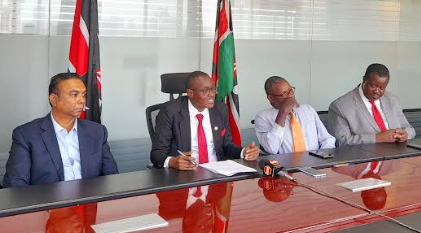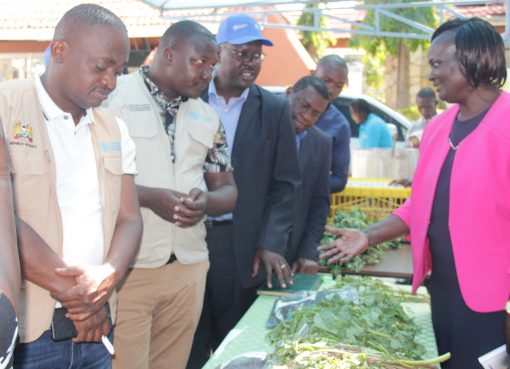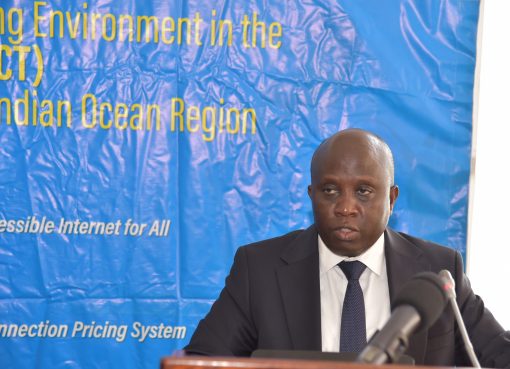Uneducated adults in Kajiado County have been challenged to join adult education classes so as to gain basic literacy.
According to Kilena Ndegema, a graduate of the adult education class, illiteracy has denied many people an opportunity to empower themselves economically and socially.
She said lack of education has condemned many adults into poverty and has denied them many opportunities in life.
Ndegema, a mother of four, revealed that she missed out on her dream of being a nurse after dropping out of school in standard 7 when she was married off by her parents
However, her thirst for education made her enroll in the adult education program twenty years later as she wanted to get a Primary Education certificate.
Ndegema, who has two children in high school, says she will ensure that all her children complete their education up to the university level so that they achieve their dreams.
“I dropped out of school in standard 7 after I got married. I have always had a hunger for education as I wanted to be a nurse, that is why I decided to go back to school twenty years later as it is not too late to achieve my dreams,” she said.
Ndegema expressed her joy at completing her primary education adding that she would like to continue with her secondary education but the biggest challenge was the availability of adult secondary schools in her area.
She called on education stakeholders to build more adult education classes and employ teachers as there is a huge number of uneducated adults in the area who would like to go back to school.
“We have very few adult education classes here in Kajiado despite the high number of adults who would wish to go back to school to complete their education. Building more classes will help boost the literacy levels,” she said.
County Director of Adult and Continuing Education Mercy Njiriri noted that the government had invested greatly in adult education and called on those who did not manage to go to school or dropped out to enroll in classes.
Njiriri noted that the Basic Literacy Programme offered by the Ministry of Education aims at equipping illiterate adults and out-of-school youth with numeracy, reading, writing, and communication skills.
The Continuing Education Programme targets those who joined but dropped out of school and would like to continue with their education.
According to the United Nations Educational, Scientific and Cultural Organization (UNESCO), Kenya’s adult literacy level stood at 81.5 percent in 2018 up from 78.7 percent in 2014.
In Kajiado County, only 70 percent of the adult population is literate with 30 percent of the population unable to read and write.
Traditional beliefs and cultural practices such as Female Genital Mutilation (FGM), early marriages, and moranism remain the biggest drawback to improving illiteracy in the county.
Other challenges include inadequate classes, poor infrastructure, lack of enough instructors, insufficient funding, poor learning environment, and lack of updated learning and teaching materials.
By Rop Janet




